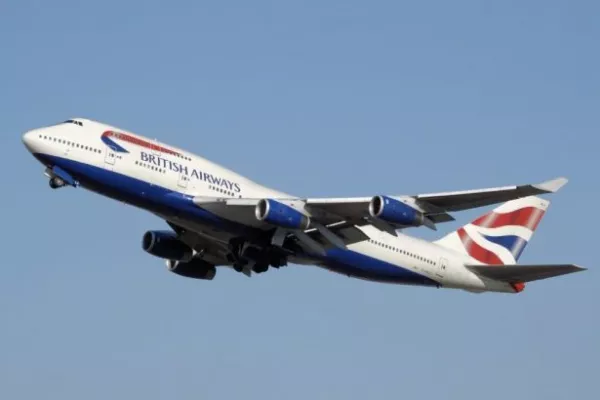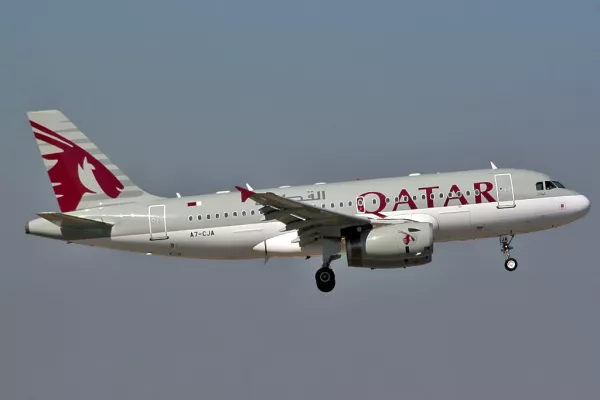China's three biggest airlines have reported wider losses in the final quarter of 2021, marking the second year in the red due to COVID-19 as hopes for a recovery remain distant while the country tries to halt the virus' fast spread.
Details
Shanghai-based China Eastern Airlines 600115.SS, 0670.HK said its net loss rose to 4.05 billion yuan ($637.64 million) from 2.95 billion yuan in the third quarter, taking its full-year loss to 12.2 billion yuan. That is deeper than an 11.8 billion yuan loss in 2020.
The airline also faces closer regulatory scrutiny following the crash of a Boeing 737-800 BA.N jet last week that killed 132 people on board, which has led it to ground 223 planes of that type as a precaution while the investigation proceeds.
The company will closely monitor the ongoing investigation into the cause of the crash and evaluate the impact on its financial performance and operational results, said the carrier in its annual report.
Beijing-based Air China 601111.SS, the country's flag carrier, said its net loss widened to 6.32 billion yuan in the fourth quarter from 3.54 billion yuan and it posted a full-year loss of 16.6 billion yuan.
China Southern Airlines 600029.SS fell to a fourth-quarter net loss of 5.98 billion yuan, after posting 1.43 billion yuan in the red the previous quarter. It reported a full-year loss of 12.1 billion yuan.
The Guangzhou-based airline also forecasted a pickup in deliveries of the Boeing 737 series aircraft from 2022, as Chinese carriers are set to resume commercial services of the 737 MAX, which was grounded in China for over two and a half years.
China's domestic travel market, which had rebounded quickly due to its successful containment of the COVID-19 virus in the early days of the pandemic, is nursing heavy losses as authorities struggle to stop the spread of the highly transmissible Omicron variant under its strategy of eliminating cases.
More than two-thirds of planned flights are being cancelled every day across China, according to third-party aviation data providers, while financial capital Shanghai is in the middle of a two-stage lockdown of 26 million people.
Data firm OAG said on Tuesday that China's available seat capacity this week was down 10.2% from a week earlier and 24.4% from the same week last year.
A strong yuan currency was again a favourable factor this year, offering some relief to Chinese airlines that have financed a large portion of their foreign debt obligations in US dollars.
However, high fuel costs, which already inflated costs last year, are set to weigh on bottom lines this year, as Russia's war in Ukraine heightens geopolitical risks and reinforces broader inflationary pressures across the supply chain.
Brent crude LCOc1 futures stood at $113 a barrel, up 45% from the end of last year.
China remains virtually shut off from international markets as already reduced flights get suspended under its "circuit breaker" system when there are COVID-19 positive arrivals, leaving many passengers stranded abroad.
Domestic Flights Over Northern Summer Season
Domestic flights over the northern summer season that began last month and lasts through October are set to reach 117,000 flights per day, up 6.8% from a year ago, according to aviation data provider Flight Master, although a large number of them could be cancelled.
News by Reuters, edited by Hospitality Ireland. Click subscribe to sign up for the Hospitality Ireland print edition.








